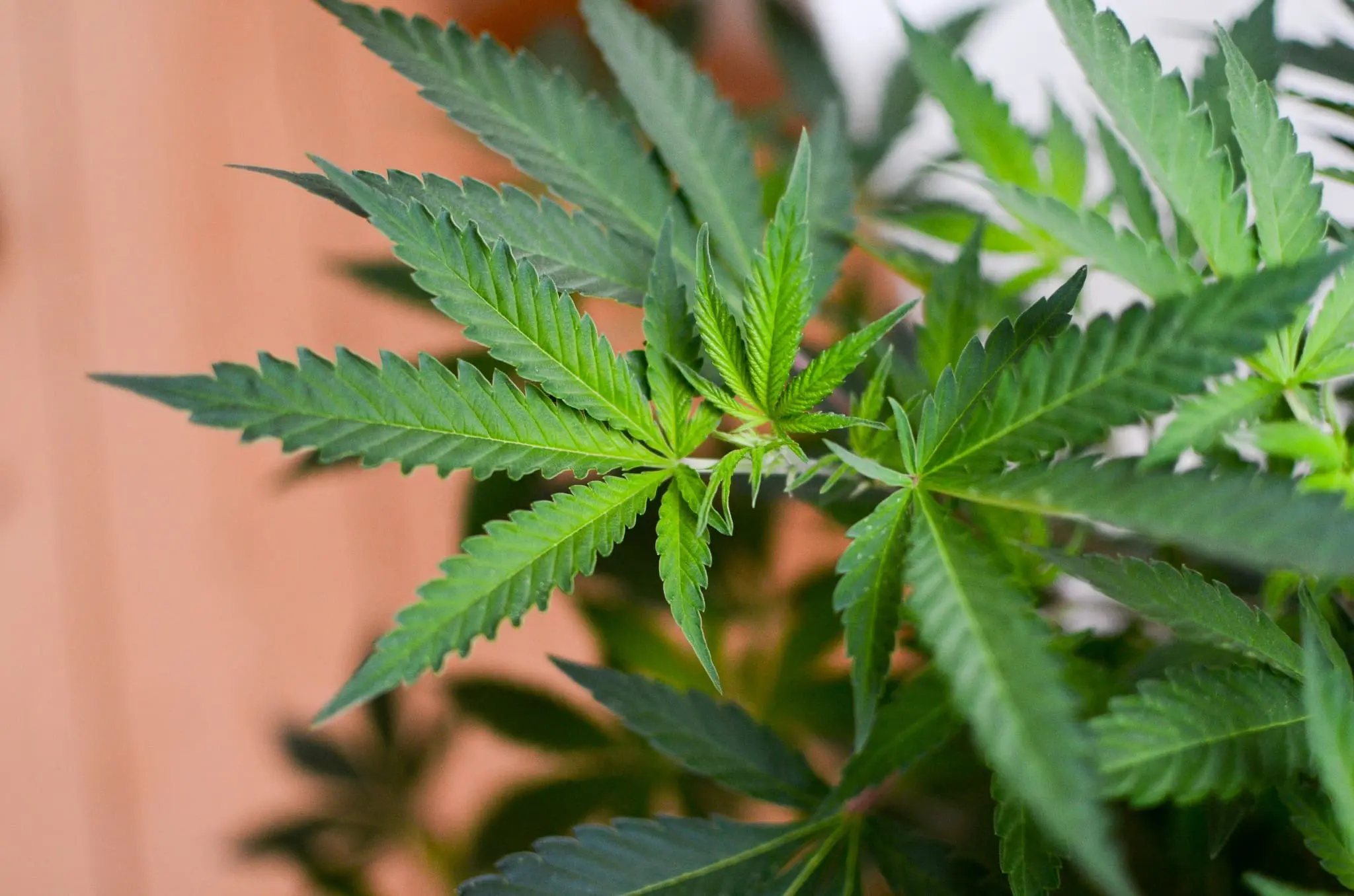Politics
Vermont Senate Votes To Double Amount Of Marijuana That Can Be Possessed And Grown Without Jail Time

The Vermont Senate approved a bill on Thursday that would double the amount of marijuana that can be possessed and grown without the threat of jail time
The legislation also contains provisions for automatic expungements that stand to clear the records for thousands of misdemeanor cannabis convictions.
While the state legalized possession of up to one ounce and cultivation of two plants in 2018, possession of a second ounce or third or fourth plant is currently considered a misdemeanor.
The expungement bill, which cleared the chamber in a voice vote, was amended to add language making it so possessing up to two ounces or growing that third or fourth plant would be treated as a civil infraction punishable by a $100 fine and no jail time.
Possession of more than two ounces or four plants would be treated as a misdemeanor, and individuals convicted could go through a court diversion program.
The main component of the legislation as originally introduced, however, concerns expungements. Text of the bill states that the “court shall order the expungement of criminal history records of violations of 18 V.S.A. § 4230(a)(1) that occurred prior to July 1, 2020” and the “process for expunging these records shall be completed not later than July 1, 2021.”
“Upon entry of an expungement order, the order shall be legally effective immediately and the person whose record is expunged shall be treated in all respects as if he or she had never been arrested, convicted, or sentenced for the offense,” it continues. “The court shall issue an order to expunge all records and files related to the arrest, citation, investigation, charge, adjudication of guilt, criminal proceedings, and probation related to the sentence.”
Advocates say that thousands of Vermonters could see their records automatically cleared because of the revised possession language.
However, the bill must still advance through the House before going to the governor’s desk, and there may be logistical and procedural challenges related to the coronavirus pandemic.
This development comes as legislators and activists continue to push for the legalization of marijuana sales in the state.
Both the House and Senate approved legislation to create such a tax-and-regulate model for cannabis. A bicameral conference committee, which as been appointed to merge the differences between the chambers’ bills but has not met yet, is one of the last steps needed to allow for legal cannabis commerce. The Senate approved S. 54 with a veto-proof majority last year during the first half of the two-year legislative session. The House voted in favor of its version of the legislation in February.
House Speaker Mitzi Johnson (D) said last month that the legislature will reconsider the legislation to legalize marijuana sales later this year, though she feels lawmakers and the administration are appropriately focused on responding to the health crisis for now.
Gov. Phil Scott (R), who reluctantly signed the earlier noncommercial legalization bill into law, has voiced concerns with adding legal sales to the mix. In particular, he is worried about road safety issues. That said, top lawmakers and an administration official indicated earlier this year that the governor is “at the table” in discussions about the current legislation and would be open to using cannabis tax revenue to fund an after-school program he’s pushing.
New Mexico Marijuana Legalization Effort Gets Boost From Ouster Of Anti-Reform Senators
Photo courtesy of Philip Steffan.



